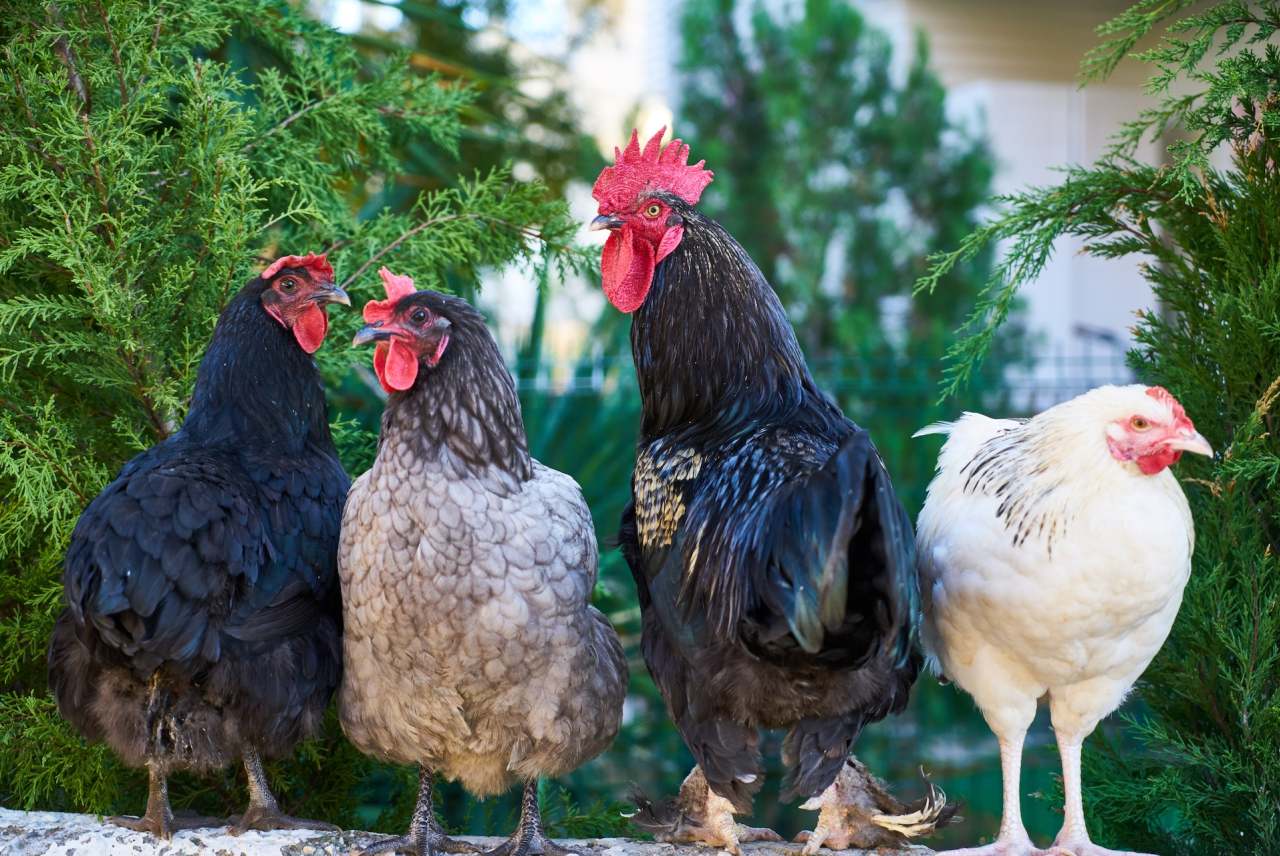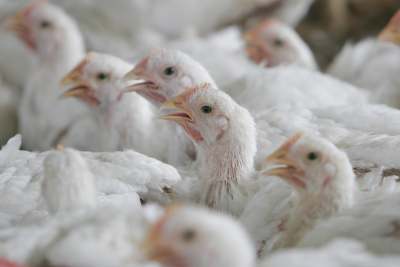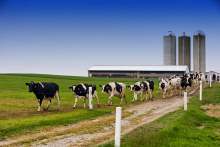From reducing your carbon footprint to avoiding poor animal welfare practices, there are many ethical benefits of not eating meat. In this article we explore some of these advantages, and also look at whether there is any truth in claims that eating meat is needed for the health of the planet.
Ethical and environmental reasons for vegetarianism and veganism
Respecting animal rights
Meat production obviously involves the slaughter of animals, which is enough for some people to give it up altogether.
But on top of this, intensive farming also often results in appalling animal cruelty up to and including when the animals are killed. In the UK, over 70% of farm animals are kept in factory farms, according to advocacy group Compassion in World Farming. Animals are often kept in crowded and filthy conditions, injuries left untreated and with no access to outdoor space.
While opposition to the killing of animals is a common reason cited by vegetarians, it’s often overlooked that dairy production also involves slaughter. Male calves are removed from their mother at birth and killed or exported live across Europe for veal production. Female calves are kept to become the next generation of milk-producers.
We talk more about animal rights and animal welfare, including comparing different certifications such as free range and organic, in a separate article.
The slaughter process itself is also problematic. Since 2018 CCTV has been mandatory in England in slaughterhouses, and since 2021 in Scotland, with Wales still in consultation. Animal rights groups campaigned for this after documenting abuse of animals in slaughterhouses.








